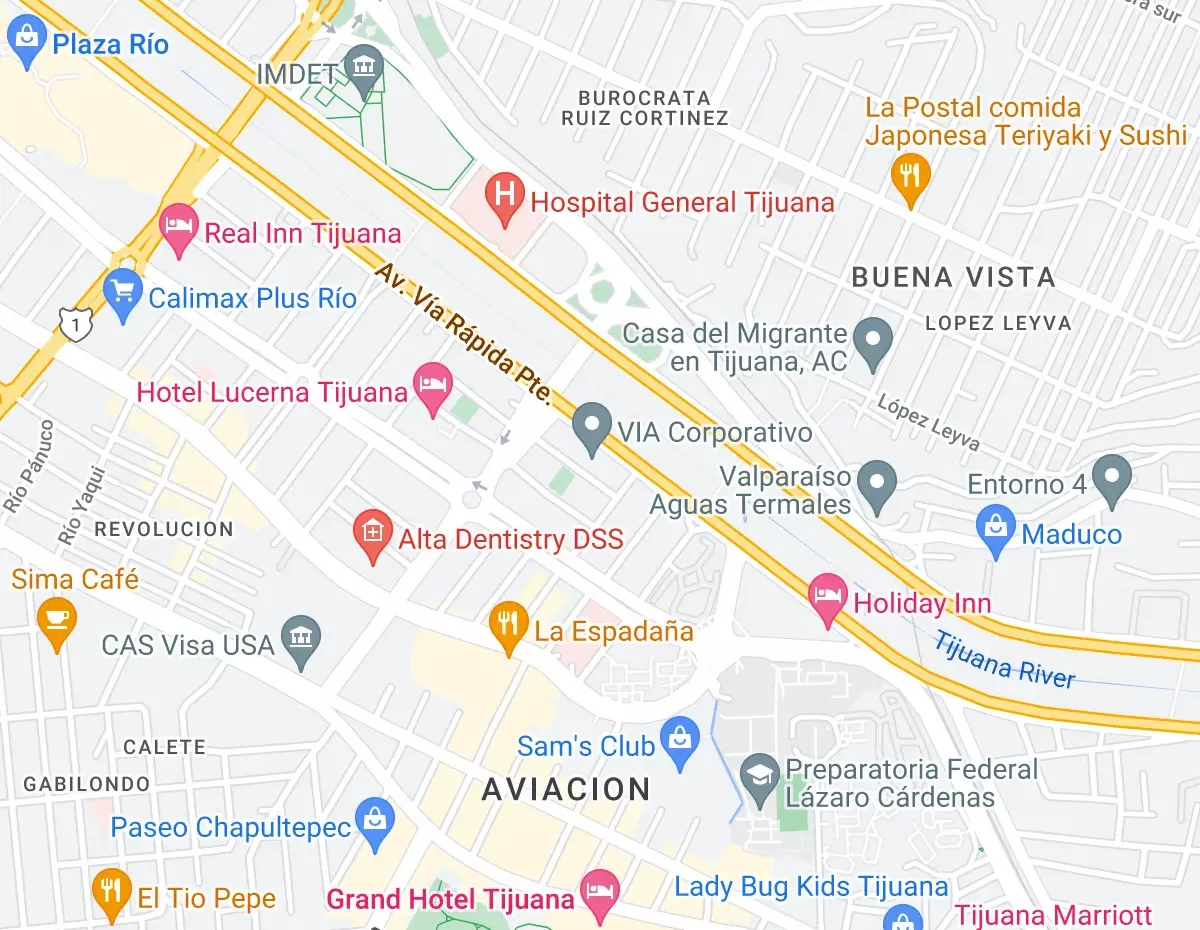You've likely heard of common addiction treatments, but ibogaine is a different beast altogether. It doesn't merely suppress symptoms; it's thought to reset the brain's addiction pathway, offering a fresh start for those struggling. Yet, it's not all straightforward. There are complexities, including regulatory hurdles and a need for professional supervision during treatment. It's a fascinating topic, isn't it? Let's explore it further together.
Key Takeaways
- Ibogaine has unique psychoactive properties that induce profound spiritual and reflective experiences, aiding personal growth.
- Unlike traditional methods, Ibogaine addresses both physical and psychological aspects of addiction.
- A single dose of Ibogaine has the potential to disrupt addiction behaviors for extended periods.
- Ibogaine alters neurotransmitter systems, effectively resetting opioid receptors and reducing withdrawal symptoms.
- The treatment uses holistic healing practices for post-care, separating it from the medical-centric approach of traditional therapies.
Understanding Ibogaine's Origins
To truly grasp how ibogaine became a potential addiction treatment, you'll need to journey back to its roots in the heart of Africa. Within the vibrant forests, the Tabernanthe iboga tree, the source of ibogaine, thrives. Ibogaine's ethnobotany is deeply interwoven with the fabric of African traditions, particularly amongst the Bwiti tribe in Gabon.
You see, the Bwiti have used ibogaine for centuries, not for addiction treatment but as a sacred sacrament in their spiritual practices. The tree's bark, where the alkaloid ibogaine is found, is consumed in initiation rituals, facilitating deep introspection and spiritual growth. To them, it's not just a drug; it's a tool for understanding the self and universe.
The West's encounter with ibogaine is relatively recent. In the early 20th century, French and Belgian explorers documented its use. Later, in the 1960s, a certain Howard Lotsof inadvertently discovered its potential in addiction treatment. But that's a story for another time. For now, remember that ibogaine's journey from an African sacrament to a potential addiction cure is as complex and fascinating as the molecule itself.
Psychoactive Properties of Ibogaine
Delving deeper into ibogaine's unique characteristics, you'll find its psychoactive properties are what truly set it apart. This naturally occurring psychoactive substance has the potential to induce profound spiritual experiences, a factor that contributes to its effectiveness in treating addiction.
You may be wondering about ibogaine's regulatory status. Well, it's a mixed bag. In some countries like the US, it's under strict control due to its intense psychoactive effects. However, in others, it's used in supervised, therapeutic settings.
The spiritual dimensions of ibogaine therapy are remarkable. Users often report intense visions and profound introspective experiences. These can lead to personal growth and a deeper understanding of oneself, which can be invaluable in the fight against addiction.
While the psychoactive properties of ibogaine are intriguing, it's important to remember that this substance should always be used responsibly. In the right setting and with professional guidance, ibogaine can offer a unique and potentially life-changing approach to overcoming addiction.
Ibogaine's Mechanism of Action
You might be wondering how exactly Ibogaine works to combat addiction. Let's break it down. We'll explore not only the effects of Ibogaine but also its interaction with our brain chemistry.
Understanding Ibogaine's Effects
Let's unravel the mystery behind how Ibogaine works and its mechanism of action, which is key to its potential as an addiction treatment. You'll find that the effects of Ibogaine dosage play a major role in its function. At the right dosage, it can greatly reduce withdrawal symptoms, making it easier to manage addiction. That's one of Ibogaine's withdrawal impacts.
It doesn't just mask symptoms; it actively helps to alleviate them. It's not a cure-all but a tool that can make a difference. While every individual's reaction to Ibogaine will differ, its positive effects on withdrawal symptoms are well-documented. The understanding of Ibogaine's effects is still growing, but its potential as a novel approach to addiction treatment is promising.
Ibogaine and Brain Chemistry
Delving into the core of Ibogaine's impact, it's important to understand how it interacts with our brain chemistry. Ibogaine dosage plays a significant role in altering various neurotransmitter systems. It's particularly notable for resetting the opioid receptors, disrupting the patterns of addiction. It also affects serotonin and dopamine levels, potentially easing withdrawal symptoms and cravings. However, side effects exploration is vital. A high Ibogaine dosage can lead to heart complications, hallucinations, or even fatality. It's vital to have a professional's guidance when using Ibogaine as a treatment. Understanding the relationship between Ibogaine and your brain chemistry can help you anticipate its effects, making it a more effective tool in your fight against addiction. Remember, although Ibogaine looks promising, it's not a magic bullet. It requires commitment and careful monitoring.
Clinical Studies on Ibogaine
In the domain of scientific inquiry, there's a growing body of clinical studies shedding light on the efficacy of Ibogaine as a potential treatment for addiction. These studies are important in the broader discussion around Ibogaine legality, as they provide the much-needed scientific backing.
Now, let's explore some of the findings:
- Many patients report significant reductions in withdrawal symptoms and cravings after Ibogaine treatment.
- Some studies suggest a single dose of Ibogaine can disrupt addiction behaviors for extended periods.
- Research indicates Ibogaine may help rewire brain pathways altered by addiction.
- There's evidence that Ibogaine can facilitate personal insights aiding in addiction recovery.
- Patient experiences often highlight an improved sense of self and motivation post-treatment.
Despite these promising outcomes, it's important to remember that these are preliminary findings. Ibogaine treatment is not without risks and should be conducted under medical supervision. More rigorous, systematic studies are needed to fully understand the potential and limitations of this novel addiction treatment.
Ibogaine Vs Traditional Therapy Methods
Compared to traditional therapy methods, you might find Ibogaine's approach to addiction treatment to be a game-changer. While conventional therapies often involve a long, grueling process, Ibogaine offers a different perspective. This unusual treatment method could potentially disrupt the addiction cycle in a single session.
Here's how Ibogaine differs from traditional therapy methods:
- Effectiveness: The addiction recovery rates with Ibogaine are reportedly higher than with conventional treatments.
- Duration: Traditional therapy methods often require months or years, whereas Ibogaine therapy tends to be quicker.
- Approach: Unlike traditional therapies, Ibogaine addresses both the physical and psychological aspects of addiction.
- Aftercare: Post-treatment care with Ibogaine often involves holistic healing practices, contrasting with the medical-centric aftercare of traditional methods.
It's important to remember that Ibogaine isn't a magic bullet. Like all forms of therapy, it comes with its own set of risks and challenges. Despite this, it's undeniable that Ibogaine presents a unique and potentially more efficient approach to addiction treatment.
Future Perspectives of Ibogaine Treatment
Looking ahead, you might wonder about the future of ibogaine treatment in addiction recovery. It's a complex landscape shaped by both promise and controversy.
One key issue is ibogaine's regulatory status. Despite its potential, Ibogaine remains a controlled substance in many countries, including the United States. This status hampers research and clinical use, leaving many individuals needing access to this novel treatment. Advocacy for change is growing, but it's a slow process with no guaranteed success.
But there's also the exciting potential of ibogaine derivatives. Scientists are exploring ways to isolate the beneficial elements of ibogaine, hoping to create a new generation of treatments that retain its effectiveness while reducing or eliminating its challenges. These efforts could result in a safer, more effective, and potentially more acceptable alternative to ibogaine.
Conclusion
So, you've learned that ibogaine's unique properties make it a potentially powerful tool in fighting addiction. It's not just about curbing physical withdrawal but also sparking psychological breakthroughs. However, it's not without its challenges. Regulatory hurdles and the need for professional oversight complicate its use. Despite this, ibogaine could revolutionize addiction therapy, offering new hope. Keep an eye on this space; the future of ibogaine treatment is promising. Remember, at New Roots Ibogaine, we are dedicated to providing innovative solutions for addiction recovery.




